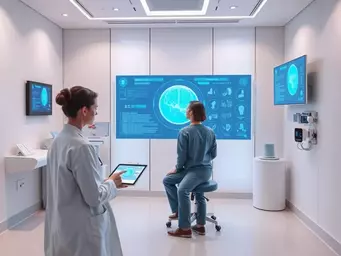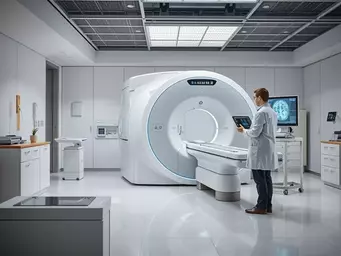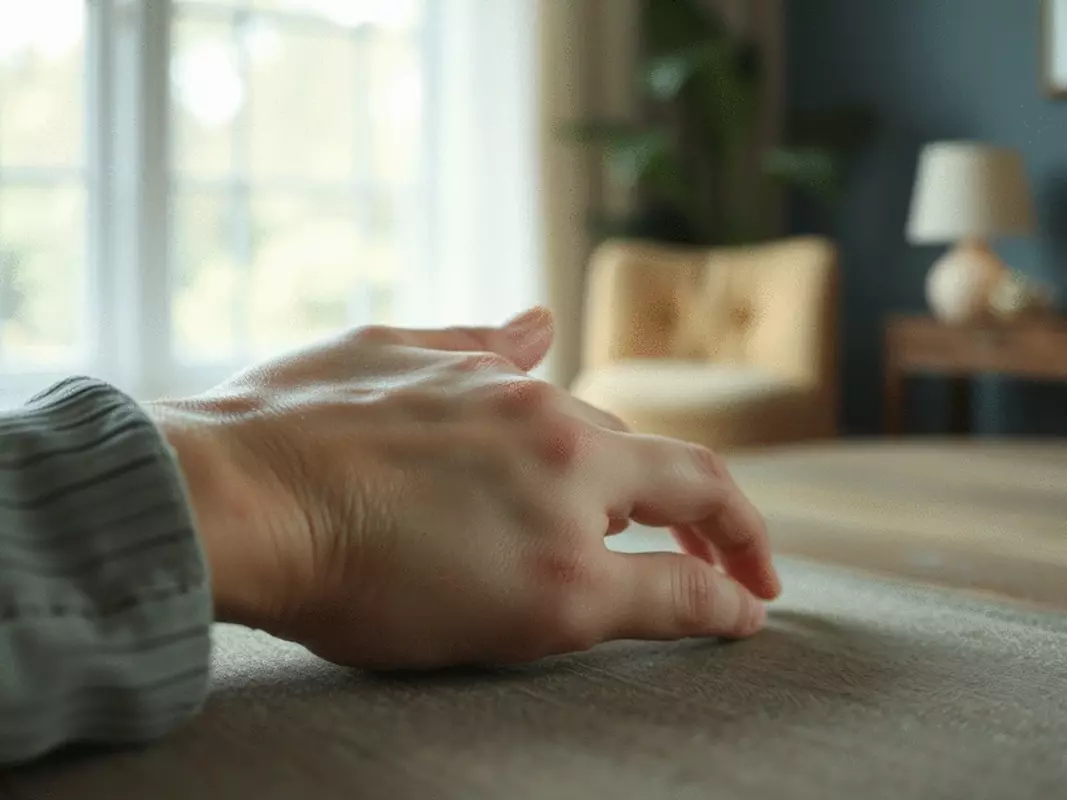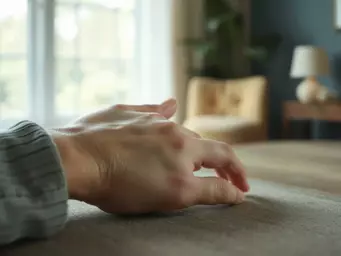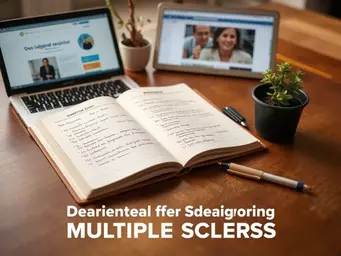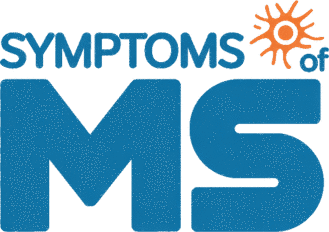Enhancing Memory with Cognitive Therapy

Have you ever considered how cognitive rehabilitation therapy could transform the lives of those living with multiple sclerosis? This powerful approach not only enhances cognitive function but also empowers individuals to regain their independence and improve their quality of life.
What You Will Learn
- Cognitive rehabilitation therapy (CRT) is essential for improving cognitive function in multiple sclerosis (MS) patients.
- Common cognitive challenges faced by MS patients include memory loss, attention deficits, and slow processing speed.
- Creating a personalized cognitive rehabilitation plan is crucial for addressing unique patient needs and goals.
- Long-term strategies, such as daily practice and peer support, help sustain cognitive gains post-therapy.
- Incorporating occupational therapy can enhance cognitive rehabilitation by improving daily living skills and independence.
Cognitive Rehabilitation Therapy for MS: A Focused Approach
Cognitive rehabilitation therapy (CRT) is crucial for managing cognitive challenges in MS. It involves a structured approach to address memory, attention, and problem-solving deficits, enhancing daily living skills and overall quality of life. The process begins with understanding the specific challenges faced by MS patients, followed by personalized interventions and long-term strategies for sustained improvement.
What is Cognitive Rehabilitation Therapy (CRT)?
- Structured activities targeting cognitive skills.
- Improves memory, attention, and problem-solving abilities.
Common Cognitive Challenges in MS
- Memory loss (short-term)
- Attention & concentration issues
- Slow processing speed
- Planning & organizing difficulties
Key Steps for a Personalized CRT Plan
- Initial Assessment
- Goal Setting (clear, achievable)
- Strategy Selection
- Regular Monitoring & Adjustment
Sustaining Cognitive Gains (Long-term Strategies)
- Daily cognitive exercises
- Peer support groups
- Continuous learning
- Healthy lifestyle choices
Understanding Cognitive Rehabilitation Therapy for Multiple Sclerosis
Cognitive rehabilitation therapy (CRT) is a vital aspect of managing multiple sclerosis (MS), focusing on improving cognitive function and enhancing daily living skills for those affected by this condition. As someone who has spent over a decade in the field of neurology, I understand the profound impact that cognitive challenges can have on individuals with MS. Cognitive rehabilitation plays a crucial role in helping patients regain their independence and improve their quality of life.
This therapy encompasses a variety of techniques and strategies designed to address specific cognitive deficits, such as memory loss, difficulties with attention, and challenges in problem-solving. By tailoring interventions to meet individual needs, CRT can empower patients to navigate their daily routines with greater ease and confidence.
Defining Cognitive Rehabilitation Therapy and Its Importance
At its core, cognitive rehabilitation therapy involves structured activities and exercises that target cognitive skills affected by MS. The importance of CRT cannot be overstated, as it provides essential support to individuals grappling with cognitive impairments. With tailored approaches, patients can work on enhancing areas like memory, attention, and organizational skills.
- Improving overall cognitive function
- Enhancing daily living skills
- Increasing independence
- Boosting emotional well-being
By addressing these cognitive challenges, CRT not only improves mental capabilities but also fosters a sense of accomplishment and control in patients’ lives. As we delve deeper into cognitive rehabilitation, it's important to recognize the specific cognitive challenges that many MS patients face.
The Common Cognitive Challenges Faced by MS Patients
Patients with MS often experience a range of cognitive challenges that can interfere with their daily activities. These may include difficulties with attention, processing speed, and memory. Fatigue can exacerbate these issues, making it even more challenging for individuals to concentrate or retain information. Understanding these common challenges is the first step in effectively addressing them through cognitive rehabilitation therapy.
- Memory loss, particularly short-term memory
- Problems with attention and concentration
- Slow processing speed
- Difficulties in planning and organizing tasks
Each of these challenges can significantly impact a person's ability to perform daily tasks and maintain relationships. By recognizing and addressing these cognitive deficits early on, we can implement effective strategies through cognitive rehabilitation to improve overall quality of life.

Cognitive Deficits in Multiple Sclerosis: A Closer Look
Cognitive deficits in MS can be subtle at first but may progress over time if not addressed. As a neurologist, I am often reminded of the importance of early intervention. Common cognitive deficits include challenges with processing speed, which can hinder a patient’s ability to follow conversations or instructions. Furthermore, issues with problem-solving and decision-making can affect daily choices and overall autonomy.
- Processing speed deficits
- Challenges with verbal and visual memory
- Impaired executive function skills
By utilizing cognitive rehabilitation therapy, we can implement targeted interventions to enhance these cognitive skills. This approach not only aids in improving cognitive function but also supports emotional health and resilience in individuals faced with the challenges of MS.
Pro Tip
To maximize the benefits of cognitive rehabilitation therapy, consider keeping a daily journal of your cognitive exercises and emotional responses. This practice not only helps track your progress but also fosters self-reflection, allowing you to identify patterns and areas for improvement. Engaging actively with your rehabilitation journey can significantly enhance your outcomes!
Frequently Asked Questions About Cognitive Rehabilitation Therapy for MS
- What is Cognitive Rehabilitation Therapy (CRT) for MS?
- CRT for MS is a structured approach involving activities and exercises designed to improve cognitive functions like memory, attention, and problem-solving, which are often affected by multiple sclerosis. It aims to enhance daily living skills and overall quality of life.
- What are the most common cognitive challenges faced by MS patients?
- MS patients frequently experience short-term memory loss, difficulties with attention and concentration, slow processing speed, and challenges in planning and organizing tasks.
- How is a personalized cognitive rehabilitation plan created?
- A personalized plan typically involves an initial assessment of cognitive strengths and weaknesses, setting clear and achievable goals, selecting appropriate interventions (compensatory or restorative), and regular monitoring and adjustment of the plan.
- What strategies can help sustain cognitive gains after therapy?
- Long-term strategies include integrating daily cognitive exercises into routines, joining peer support groups, engaging in continuous learning, and maintaining a healthy lifestyle with a balanced diet, regular physical activity, and adequate sleep.
- How does occupational therapy contribute to cognitive rehabilitation for MS?
- Occupational therapy (OT) enhances cognitive rehabilitation by helping patients perform daily activities more effectively. This includes activity modification, teaching adaptive strategies to manage cognitive deficits, and environmental modifications to minimize distractions and improve focus.
Strategies for Successful Implementation of Cognitive Rehabilitation
When it comes to cognitive rehabilitation for multiple sclerosis (MS), having a clear, tailored approach can make all the difference. I often emphasize the importance of crafting a personalized cognitive rehabilitation plan that caters specifically to the unique challenges each patient faces. With so many variables at play—such as the severity of symptoms, personal goals, and available resources—this tailored strategy helps ensure that therapy is both effective and sustainable.
Creating such a plan involves collaboration between patients, their families, and healthcare providers. It's essential to discuss the specific cognitive challenges you encounter, whether it's memory lapses, difficulty concentrating, or processing information. This open dialogue can pave the way for a customized approach that empowers you to take control of your cognitive health.

Creating a Personalized Cognitive Rehabilitation Plan for MS
Building a personalized plan requires a few key steps, which I typically outline for my patients:
- Initial Assessment: A thorough evaluation of cognitive strengths and weaknesses through standardized tests.
- Goal Setting: Defining clear, achievable goals based on your specific challenges and desired outcomes.
- Strategy Selection: Choosing appropriate interventions, whether compensatory or restorative, that align with your goals.
- Regular Monitoring: Establishing a schedule for ongoing evaluation and adjustment of the plan as needed.
By following these steps, you can create a roadmap that not only addresses your cognitive challenges but also motivates you to stay engaged and proactive in your rehabilitation journey.
Sustaining Cognitive Gains Beyond Therapy: Long-term Strategies
Once therapy sessions conclude, the goal shifts to maintaining cognitive gains over time. This transition can be challenging, yet there are several strategies you can employ:
- Daily Practice: Integrating cognitive exercises into your daily routine to reinforce skills learned during therapy.
- Peer Support: Joining support groups or online communities where you can share experiences and strategies with others facing similar challenges.
- Continuous Learning: Engaging with educational resources or workshops to keep your cognitive skills sharp.
- Healthy Lifestyle Choices: Maintaining a balanced diet, regular physical activity, and adequate sleep to promote overall brain health.
These long-term strategies can help solidify the cognitive improvements you’ve made during rehabilitation and ensure you continue progressing towards your goals. Remember, every little effort counts!
Utilizing Occupational Therapy and Behavioral Interventions for MS Patients
Incorporating occupational therapy (OT) and behavioral interventions can significantly enhance your cognitive rehabilitation. OTs specialize in helping you to perform daily activities more effectively, which is critical for maintaining independence in daily life. Here are some ways OT can support your cognitive goals:
- Activity Modification: Adjusting the way you approach daily tasks to reduce cognitive load.
- Adaptive Strategies: Teaching techniques that allow you to manage cognitive deficits while performing tasks.
- Environmental Modifications: Creating an environment that minimizes distractions and enhances focus.
By integrating these approaches into your rehabilitation plan, you can cultivate a comprehensive strategy that addresses both cognitive and functional challenges, ultimately leading to a more fulfilling life with MS.
Recap of Key Points
Here is a quick recap of the important points discussed in the article:
- Cognitive rehabilitation therapy (CRT) is essential for managing cognitive impairments in multiple sclerosis (MS).
- Common cognitive challenges faced by MS patients include memory loss, attention difficulties, and slow processing speed.
- Creating a personalized cognitive rehabilitation plan involves initial assessments, goal setting, strategy selection, and regular monitoring.
- Long-term strategies for sustaining cognitive gains include daily practice, peer support, continuous learning, and maintaining a healthy lifestyle.
- Incorporating occupational therapy and behavioral interventions can enhance cognitive rehabilitation outcomes.

